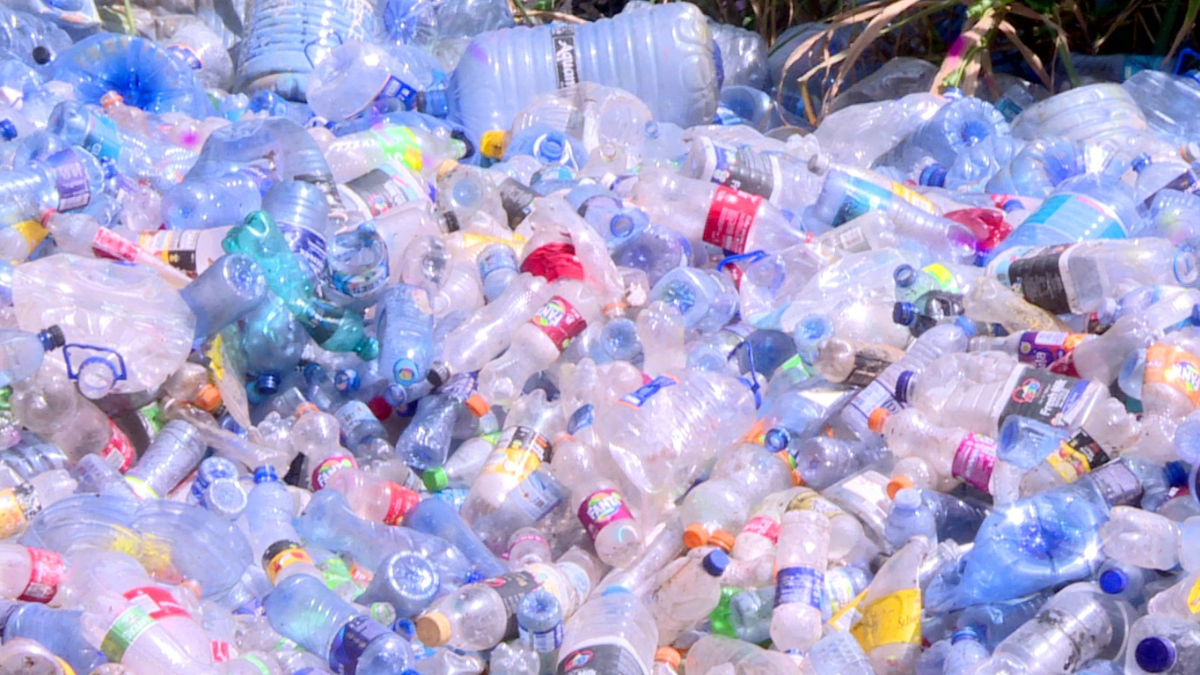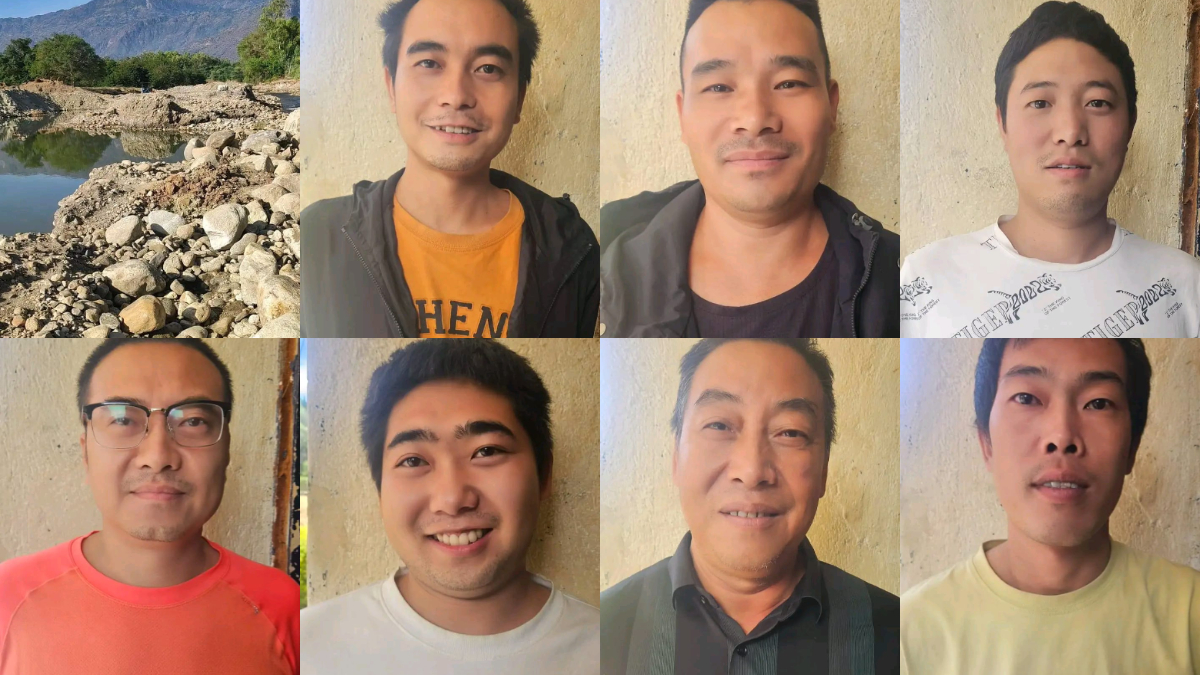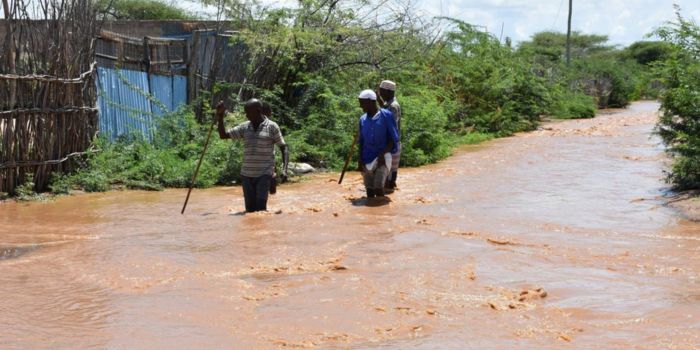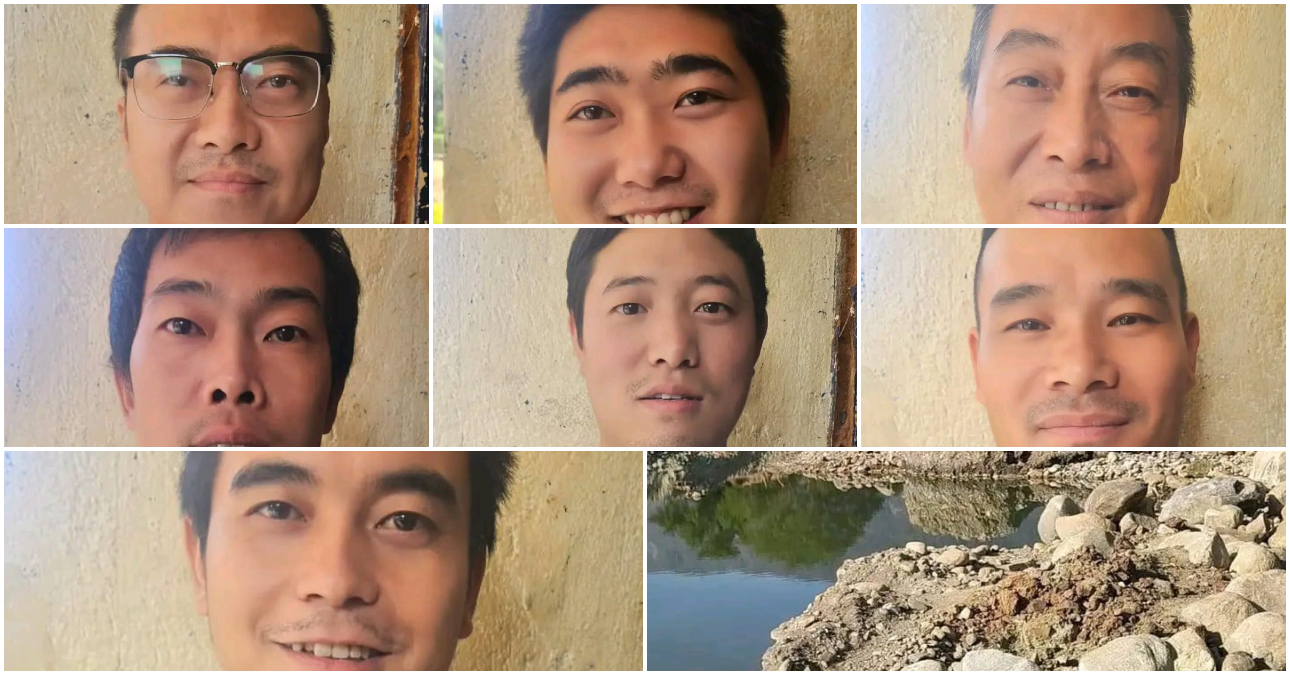Kenyan civil society organizations, led by the Centre for Environment Justice and Development (CEJAD) and Heinrich Böll Foundation Nairobi, have urged African leaders to unite in demanding decisive action to reduce production of plastics and eliminate hazardous chemicals in plastics throughout their lifecycle.
Ahead of the Fifth Intergovernmental Negotiating Committee (INC-5) on the Global Plastics Treaty in Busan, Korea, Griffins Ochieng, Executive Director of CEJAD, emphasized the importance of solidarity among African nations.
“African Countries as net importers bear the brunt of plastic pollution,” said Ochieng.
“Previous negotiations have seen petrochemical companies dominate the discussions, sidelining the voices of High Ambition Countries. It’s time for African leaders to stand united and demand a treaty that prioritizes eliminating hazardous chemicals, ensures transparency, and includes mechanisms for labeling, tracking, monitoring, and data-sharing,” he added.
Globally, plastic production has more than doubled in the last 15 years, with global output reaching 400 million tonnes annually.
Less than 10% of this plastic is recycled, leaving waste to accumulate in ecosystems, harming biodiversity, and burdening marine and terrestrial environments.
Research indicates plastic pollution is not just an environmental issue but also a climate, health, and social justice crisis.
The CSOs emphasized the need for a global solution for plastic pollution. They urged for a legally binding instrument that addresses the full life cycle of plastics with direct, definitive and obligatory language to ensure that provisions set by the treaty create mandatory binding obligations on its Parties.
“We are facing a global plastics crisis with global production significantly outpacing our ability and capacity to soundly and sustainably manage our waste,” added Griffins.
Waste pickers also decry that they are disproportionately affected, despite their significant contribution to plastic collection, sorting and recycling of plastics in many countries, especially those in the informal sector.
In Kenya alone, women represent a substantial number of between 40% – 50% of waste pickers in urban areas like Nairobi, Kisumu, and Mombasa.
Laws and policies that safeguard their wellbeing and economic status are most often ignored.
Joyce Wangari, a waste picker from Nairobi recyclable waste Association, urged leaders to champion policies that protect informal workers: “African leaders must ensure that a just transition for waste pickers is captured in the treaty. This includes access to safe, dignified, and regulated employment, skill development, fair wages, and social protections.”
Kenya has been a vocal supporter of a high-ambition treaty addressing the entire lifecycle of plastics, from production to disposal.
As the final INC meeting takes place from November 25 to December 1, 2024, African leaders have the opportunity to strengthen their collective position and demand decisive action.












